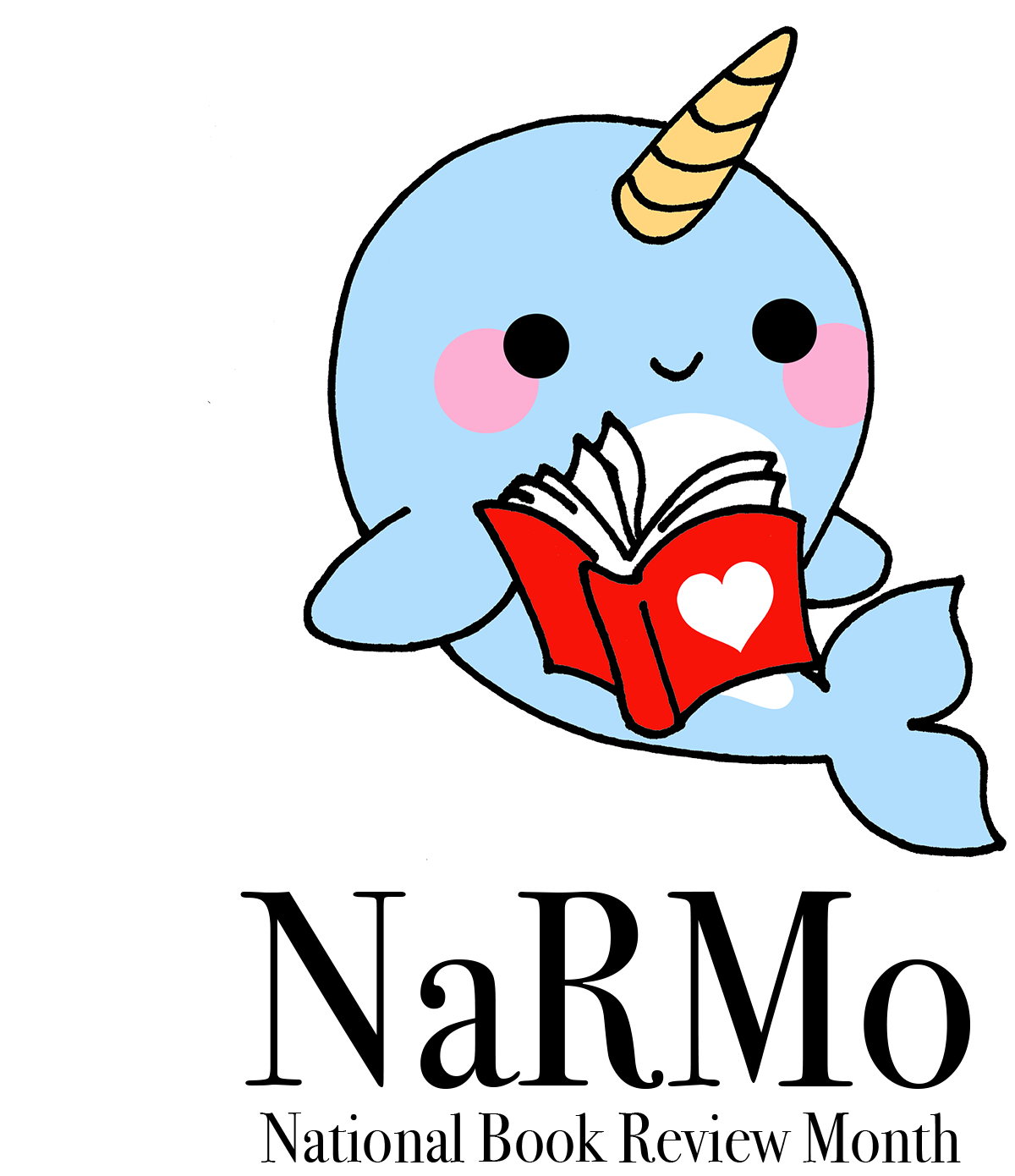
If George Oppen and Henry David Thoreau had a child, that child might look something like Christina Davis’ An Ethic. Her second collection is tight in form and sprawling in content. Beginning as exploration of grief, An Ethic expands to encompass the endless fundamental questions at the heart of human life: questions of presence and absence, knowing and doubt, memory, life, and death. Stemming from the loss of her father, she explores the intersection of two worlds—the living and dead—and she engages an ethic that that reconciles both past and future in the present where “There is no this or that world.” An Ethic is a call back to a kind of Thoreauvian 19th century transcendentalism, where the truth and beauty in the world lies in nature, and the reality that we are living, and every moment it is “hard and, therefore, a task to keep remaining / here, a kind of continuous”—that is, the nature of life is to forestall death—we are always between the two. Davis tirelessly explores what it means to remain here where there is loss, to live life on Earth in the presence of death. Davis’ world, we are both continuous and finite, always at a crossroads. She looks and invites us to look “in both directions, in case / the Empty is us.”
An Ethic is heavy and fragile, delicate and expertly chiseled, spare and encompassing. Davis speaks with considered authority, but not without pain and wanting loss. Her lines extend into space, embracing and pushing against silence. Always teetering on the edge between certainty and doubt, An Ethic is as much about loss as it is about language’s ability to find, to hold us together. Consider “Megaphone,” here in its entirety:
(The future
isn’t what will be
come of us
but with whom we
will speak.)
In the middle of the collection, transitioning through the father’s death to our transitive existence on Earth, to the transitive nature of speech, “Megaphone” exists amidst silence outside of the poem’s parentheticals. The lines hinging on the break in “what will be/come of us” illustrate a divide between the present—“being” and the future—what will “come of us.” Davis bridges this divide with language (as is often a poet’s solution). Not just language, but language as the mediator of meaningful human experience—language as transient and transitory, a fragile bridge between life and death. If it is one thing that allows Davis’ poetry to engage in language’s ability to transcend (and explore) life and death, it’s her spare and chiseled style. It’s easy to tell that every word has won its place on the page, that every word is pushing us to consider the truth it carries across in its meaning. Taking the “be/come” example, the word’s meaning is emphasized across the line break, pushing us to understand the process of becoming as not only a coming into being, but a coming to pass, and therefore to understand language as the glue between both those processes.
In An Ethic, meanings of words are also stretched across pages, between pages, across the entire collection. The consecutive poems “For Far,” “Bell,” and “Manifest,” for example, stretch the ethic of language, as we understand it in “Megaphone” (the poem preceding these), across three pages, and arguably into the rest of the collection. “For Far” explores the “Zulu phrase for far / which means where a man cries, // ‘Mother, I am lost.’” And so the word “far” embodies both distance and the implications of distance—reaching, loneliness, loss. It also embodies the sadness under the poet’s knowing not if there is a Zulu phrase for “near,” at the close of the poem.
Much of the collection’s success stems from Davis’ ability to successfully expand on themes throughout the collection, from personal loss to societal loss of touch through distance and technology. The implications involved in knowing the phrase for “far” and not “near” reverberate throughout the following poems. “Bell” is, as the notes reveal, dedicated to Alexander Graham Bell and to Davis’ father, “who devoted his life to Bell Laboratories and to the possibilities of telephony (literally, far speech).” The concept of language as a bridge between life and death, and the concept of the word “far” as embodying both distance and human loneliness, only gains more importance when we understand what the telephone makes possible: relation from a distance. From “Bell”:
Come here
were the first furthest words,
the elsewhereing tracks
of our animal.
We then understand that language, as a method for human relation, is the foundation of our society, and we are ever trying to improve our relation even as we create paradoxical methods of relating from far away, like the telephone, or in “Dissent,” our “kingdom of images,” from which we must dissent by blinking—by embracing, in “Manifest,” the new frontier of “nearness.”
Davis’ ethic emerges through the rigor of her language and lineation, into epistemological philosophy of examining what is known, what isn’t known, and what can’t be known. Her poetry is a successor of the objectivist tradition of George Oppen—sparse language, cut down to bare and bear meaning, and seek a universal truth. The truth is expressed as a kind of transcendentalism, in the ending poem from a deathbed Thoreau: “One / world at a / time.” Ultimately we find that what we know is simple, tragic, and beautiful: there is life and there is death, and both are one in every moment. Davis’ ethic is reflected in every sparse line of this collection, drawing attention to language itself as an effective means for discovering truth. The collection exists, indeed, as a powerful argument for poetry itself—a kind of captured presence. As Thoreau says in Walking, “we cannot afford not to live in the present.”
Reviewed by: Evan Goldstein
